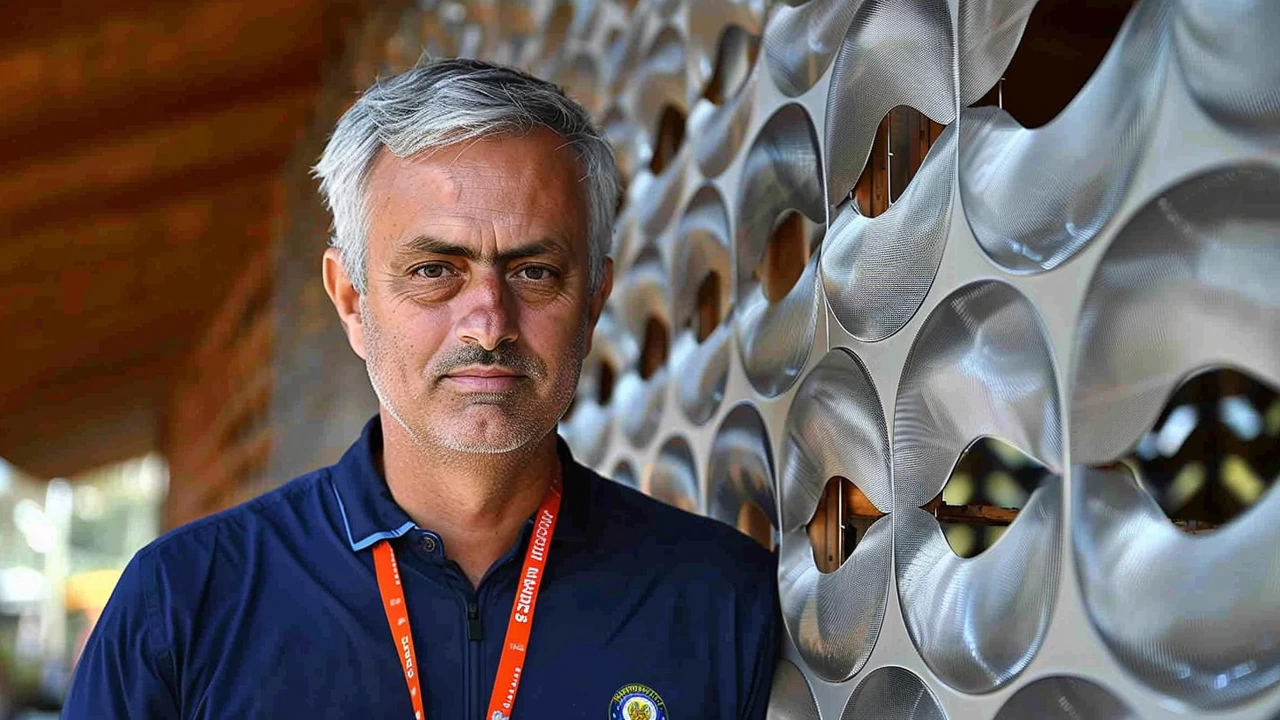Football management: what matters right now
A smart manager or director can change a club’s season more than a single superstar. Football management covers everything from who you sign to how the team trains, how you handle the media, and how you balance the books. This tag collects news and clear analysis so you can see why a transfer or a tactical tweak actually matters.
Smart transfers: value over hype
Transfers dominate headlines — think Man United’s move for Bryan Mbeumo or Chelsea signing Geovany Quenda — but good signings solve problems, they don’t just excite fans. Before a purchase, ask: which role does this player fill, what’s his injury and consistency record, and does his price include sell-on clauses or add-ons that change the long-term value? A 40% sell-on clause, for example, can mean extra cash when a player moves again — that matters for clubs rebuilding their balance sheets.
Short-term loans and intelligent scouting often beat big splashes. Look at clubs that bring young talent and integrate them slowly. That reduces risk and keeps wages realistic. When reading a transfer story, focus less on the fee and more on the plan: will the player start, rotate, or be developed for resale?
Coaching, tactics and squad balance
Tactics win matches, but squad balance wins seasons. Managers must match style to the players they have. If your full-backs are attack-minded, you need a holding midfielder who covers them. If your striker presses, your midfield must support high transitions. Examples from the Club World Cup and domestic leagues show how small tactical shifts (pressing intensity, set-piece routines) change results fast.
Coaching goes beyond matchday instructions. Training load, recovery, and psychology shape consistency. When a club replaces a coach or upgrades the support staff, expect changes in selection and morale. Pay attention to signals: stable coaching usually equals steady results; constant swaps usually mean chaos.
Scouting and youth development are your cheapest competitive edges. Clubs that find and polish overlooked talent can compete with richer rivals. That means clear scouting briefs, regular data checks, and coaches who trust youth in low-pressure moments.
Data and analytics should inform, not dictate. Use numbers to spot patterns — who creates the best chances from specific zones, which players decline after a certain workload — then combine that with scouting reports and medical advice. Analytics helps you avoid pricey mistakes and design training that prevents injuries.
Finally, communication matters. Fans and media shape the atmosphere. Be honest about goals: are you rebuilding or pushing for a title? Clear messaging calms supporters and gives coaches room to work.
Follow this tag for concise news and practical takes on transfers, coaching moves, and club strategy. When you read a headline, ask what problem the club is fixing and how that choice affects the next two seasons.
Jose Mourinho Eyes New Horizons: Nearing Roles with Fenerbahce and Amazon's Champions League Coverage
Jose Mourinho, after leaving Roma, is on the brink of two new ventures. He’s likely to take on a managerial role at Fenerbahce, with a special clause for a potential Portugal job, and also join Amazon's Champions League coverage team. These developments follow speculation about his link to Liverpool's managerial position.
